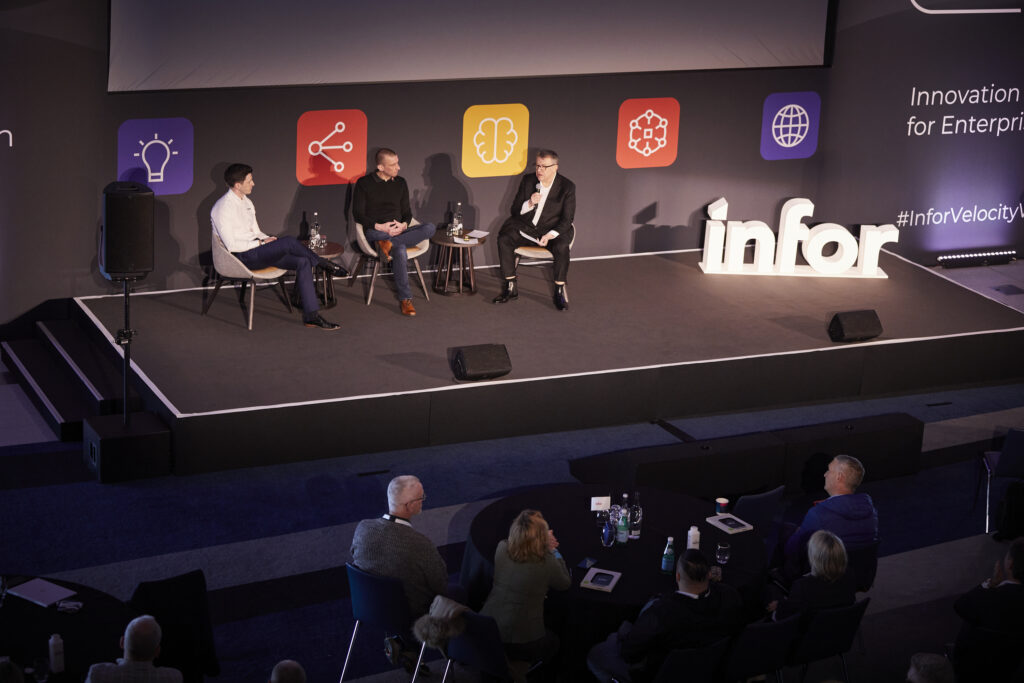After a year of virtually no international travel, the government has finally lifted restrictions and implemented a traffic light system for UK travellers to use at their discretion. Within hours of the announcement, thousands of Britons took to the web to book holidays to the only feasible ‘green list’ destination – Portugal. News outlets reported that 5,000 British travellers were leaving for Portugal every day, chasing the long-awaited sunshine and freedom to travel. But what is waiting for hotel guests on the other side of the channel remains to be seen. With the arrival of the pandemic and stringent social distancing measures still very much in place, hotel stays as we know it could well be a thing of the past.
As we emerge from the pandemic, we can expect that the tourism industry won’t be business as usual, but through a combination of reimagining, redeployment and resilience, the hospitality industry has been slowly working towards its anticipated reopening and finally welcoming guests again.
According to Chris Stock at Percipient, remote working proved to highlight out-of-date finance solutions and a lack of high-level data that can be used to directly enhance the guest experience. Whilst forced closures were undoubtedly a massive stress for the industry and its staff, it proved to be the perfect time to implement new and robust ERP solutions, supporting a move towards paperless and automated back office systems in a number of Percipient’s hospitality clients.
Hastings Hotels is one such example, but while their digital transformation wasn’t driven by the arrival of COVID-19, it certainly has prepared them for the reopening of the industry. At the beginning of 2020, Hastings Hotels, the largest independent hotel group in Northern Ireland embarked on a mammoth overhaul of their existing back office systems and processes which involved manual paper-based processes. Paper-based? All financial and HR systems were handwritten in ledgers, cheques were used to pay for all goods and services and all procurement was done via handwritten orders!
“We needed a solution which would provide the business with access to in-depth management information”, Peter Gibson / Hastings Hotels
Hastings embarked on an in-depth review of the market and selected Sage Intacct because of its flexibility, ability to integrate with online banking, property management, procurement, HR/payroll systems and superior management insights. Its ability to scale to support Hastings’ business growth was also key to the decision. “We needed a solution which would provide the business with access to in-depth management information in a timely and user-friendly manner, to enable faster, more informed decision making within the business, something which is absolutely crucial in responding to the challenges we face in the current environment. From the outset, Sage Intacct not only met all our core requirements, but it also fulfilled all of our ‘nice-to-haves’ which is rare in any tender process,” said Peter Gibson, finance director, Hastings Hotels.
With much improved visibility and accessibility to better quality data and information, the way the hotel group supports its staff and serves its customers in a post-pandemic environment will only add to the level of service, manageability and profitability.
Gibson explains: “We can slice and dice the data according to hotel or department and identify trends and anomalies across, say food and beverage, housekeeping, spa services or customer service. The availability of these insights on an intuitive dashboard means that minimal skills are needed, but that everyone has up-to-date information from which to perform their role to the best of their abilities. Planning for the future can be tricky at the best of times, never mind in the midst of a global pandemic, but through having a clear, accurate picture of our current position, and the ability to be agile and make decisions quickly, we are confident that we’re in the best place to plan effectively.”
Digital transformations that change the face of hotel stays
Digital transformations across hotel groups since the start of the pandemic have been two-fold. Hotels have identified their shortcomings in terms of back office functions when work-from-home orders were issued; and large hotel groups saw the need to prepare for reopening when guests were allowed back, at limited capacity. Since the relaxation of COVID-19 restrictions allowing travel locally and abroad, there has been an uptick in the demand for hotel bookings. With social distancing rules still firmly in place, what can guests expect during their stay?
According to Calum McIndoe, sales director UK&I at Infor, hotels have offered guest rooms as office space and provided frontline workers with rooms to cut down on their commute times. But many hotels used the downtime to take stock of their current technology, explore new technology and migrate to the cloud.
“The entire guest journey has changed with a move entirely to mobile devices”, Calum McIndoe / Infor
In October 2020, Apex Hotels invested in Infor technology to create a standard platform across its entire property portfolio. The hotel group operates 10 sites across the UK. The project was delivered completely remotely, with no staff on site, whilst being accelerated to beat deadlines before the property had to close temporarily under UK government COVID-19 guidelines. The platform, which comprises Infor Hospitality Management Solution (HMS) and Infor Sales and Catering, delivers cloud-based architecture that replaced a legacy system that frustrated the group’s plan for growth. Whilst the pandemic flattened the hospitality industry, it also proved perfect timing to stand up unique solutions in a changed service landscape.
Guest and hotel staff safety needs to be front of mind and guest expectations have obviously changed and will change again. These changes will be supported and enabled by investment in emerging technology that will focus on hygienic environments, cloud technology to standardise operations, as well as contactless experiences empowered by mobile solutions such as check in/out, room service, restaurant reservations, and others – all of which can be managed from guests’ mobile devices.
“The entire guest journey has changed with a move entirely to mobile devices. Hotels have adopted the ‘airline model’, for example, where guests will be sent an email with a ‘please check in here’ format just like airlines do. Similarly in food and beverage, there’ll be no ordering from a menu. Because of hygiene concerns – we can’t all touch menus now – all ordering of food and drinks will be done on your mobile phone,” says McIndoe.
We’re familiar with this technology as many pubs and restaurants in the UK, for example Fuller’s chain of pubs and restaurants have already adopted contactless food and drinks ordering apps. What does this mean for staffing? It’s a concern that for now, while the hospitality industry is slowly brought back to life, that government mandated reduced capacity in hotels will mean less staff is needed. This will unfortunately result in temporary unemployment, but McIndoe believes that this will only be a temporary phenomenon and that the tangible, face-to-face interactions we know and love in the hospitality industry will most certainly return with time.
But it can’t be denied that contactless processes have made for a somewhat easier hotel stay for business travellers and are set to remain. McIndoe says: “Mobile check-in/check-out, digital keys, and the ability to order room service via one’s own device perfectly suits the thousands of business travellers who frequent hotels as their guest journey is different to those who are looking for that complete hospitality interaction.”
With guest and hotel staff safety in mind, Infor Hospitality Cloud Solutions are designed to address hotel operational needs and while personalisation is important, it is also evolving, and guests are used to relying on their mobile devices to manage their personal experiences. According to McIndoe, hospitality organisations have realised that personalisation is also about managing data better and turning that data into intelligence to provide services that appeal to an individual’s unique needs. Using business intelligence to strengthen customer relationships can only positively impact the bottom line.
COVID-19 has dragged the hospitality industry forward in terms of digitisation and while the pandemic has had a negative effect on it in the last year, the changes being implemented now, although ever-evolving, will be around for some time but promise to bring positive experiences to the guest journey.




